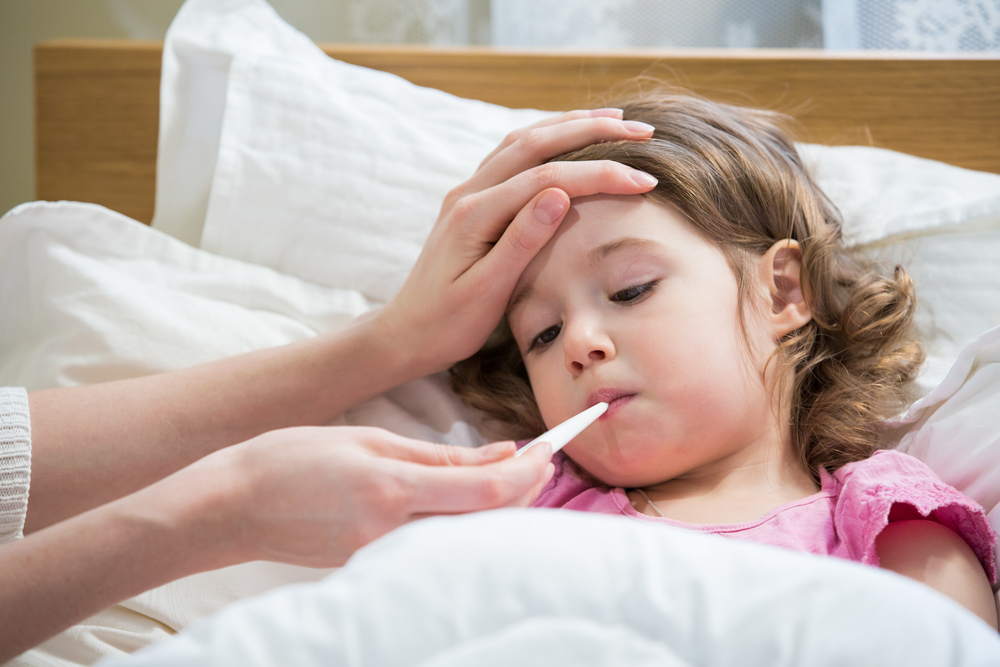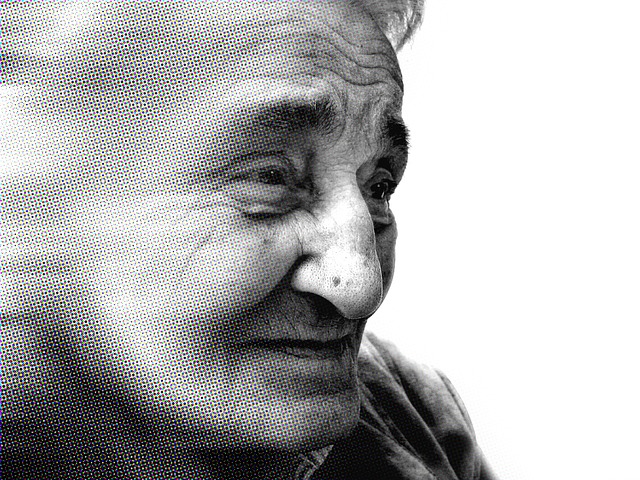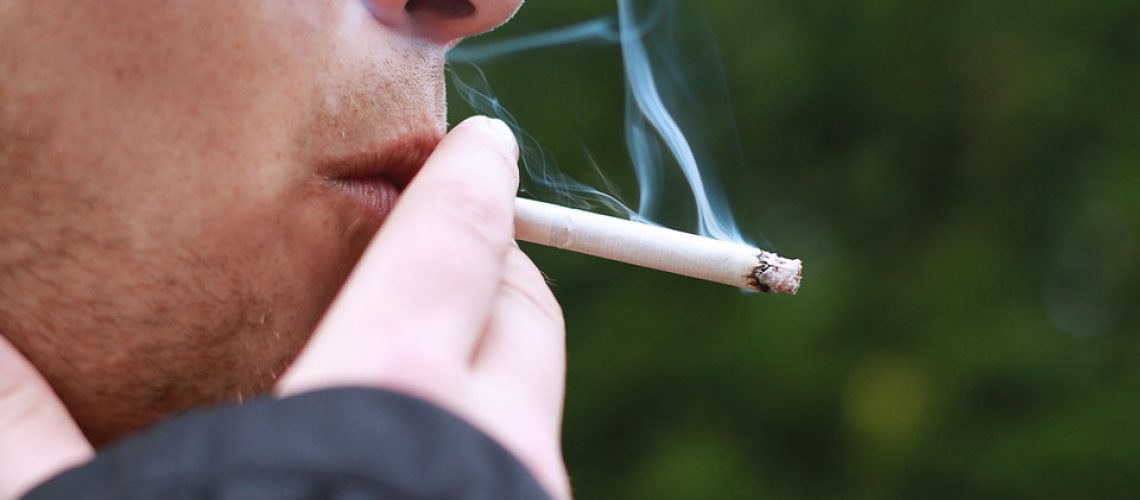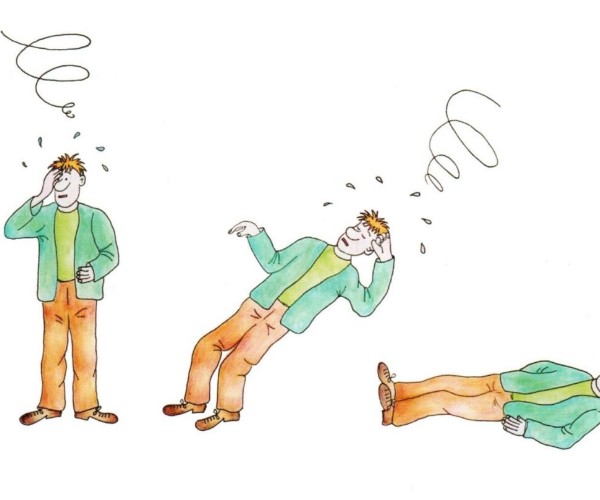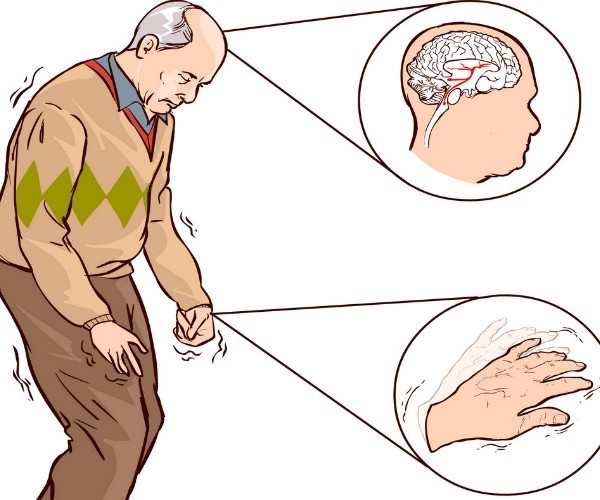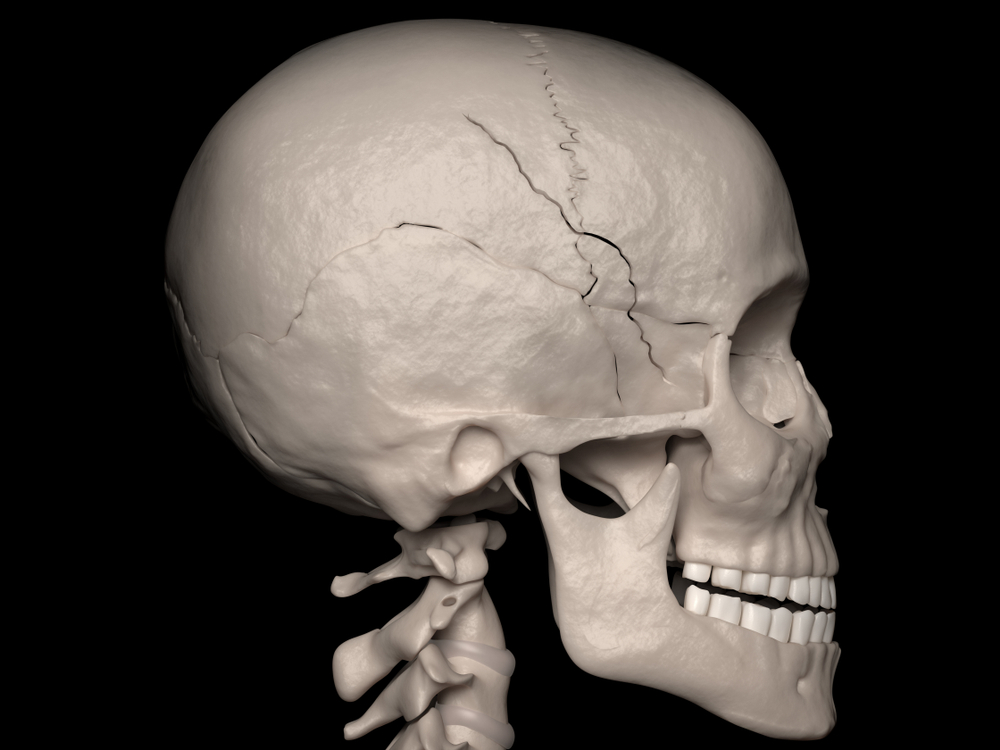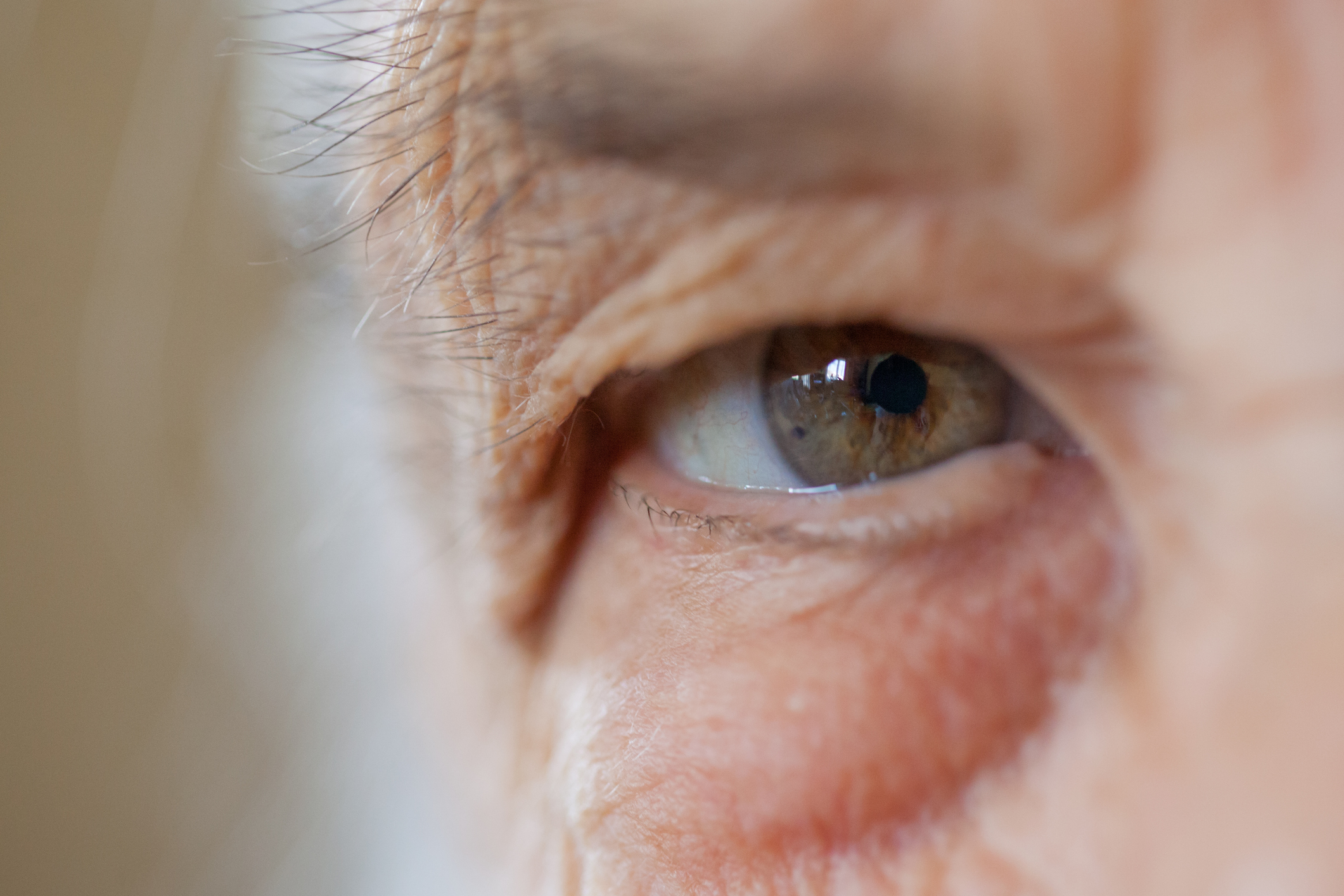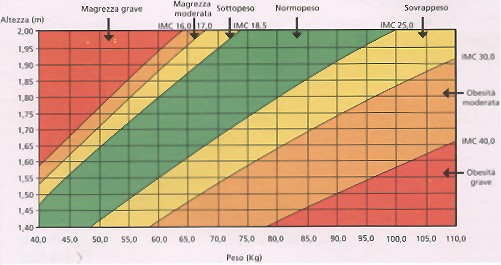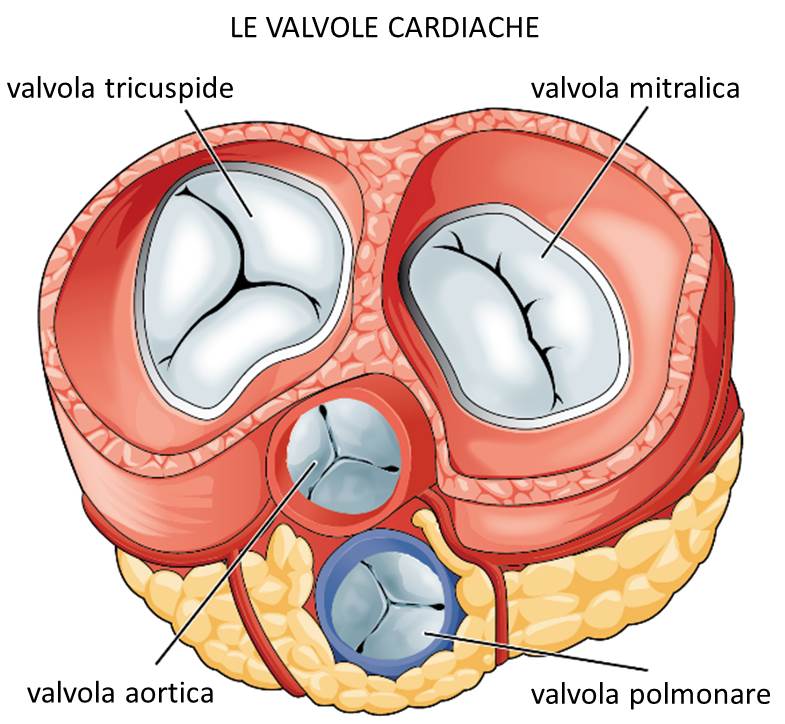The Study Center of Applied and Preventive Cardiovascular Medicine of the Finnish University of Torku conducted a study, showing that in mature subjects (between 34 and 49 years old) the learning capacity and memory suffer from parental secondhand smoke exposure that occurred during childhood and adolescence.
We were already aware of the harmful effect of active smoking and secondhand smoke on cognitive abilities. This study, at a time when, among other things, the aging of the population, with the consequent issues related to cognitive and memory deficits, acquires an increasingly central dimension, provides interesting correlations between the deficits of adulthood and exposure to secondhand smoke in childhood.
The cognitive performance, in fact, of the more than 2,000 research participants showed that subjects whose parents had not smoked in their presence performed better than those whose parents had been exposed to secondhand smoke at a developmental stage. And this is regardless of the subjects’ active smoking during adolescence or adulthood. The difference in performance was equivalent to the difference given by aging for five years.
Prevention from secondhand smoke therefore not only aims to protect children and adolescents from the harms of smoking itself and function as a deterrent to future lifestyles that may contemplate smoking, but also serves to promote and safeguard brain health in adulthood.



